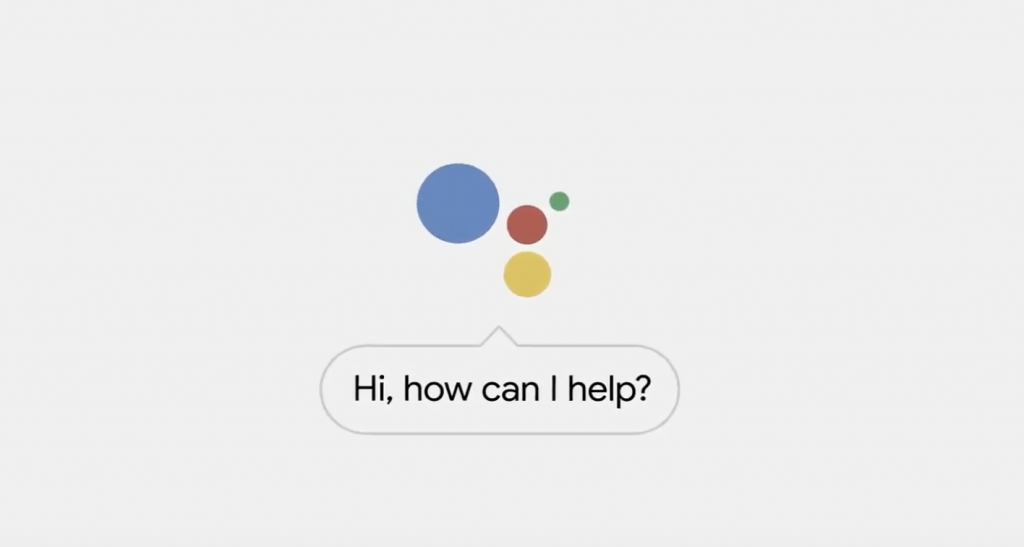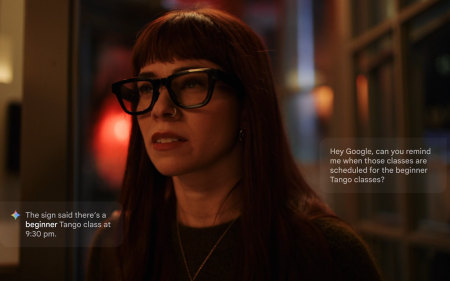While much of the fear and scorn around personal privacy and how Big Tech uses the data of its users are directed against Facebook, it tends to overlook what a central role in our lives is played by Google.
Google is by far the biggest search engine, provides the Android operating system used by over 90% of smartphones, is the largest provider of cloud-based email (through Gmail), is a major player in cloud hosting, and is dominant in mapping technology.
I’ve long since discovered I can happily live without Facebook after I deleted it (and its Messenger app) off my iPhone two years ago. I haven’t missed anything.
I’ve tried to move away from WhatsApp but have discovered that most people rely on this hugely popular messaging app, and they are willing to trade whatever privacy concerns for the convenience it offers.
But, as another privacy problem emerged from Google (it emailed videos to strangers in a glitch last November), it coincided with my efforts to try live without Google. Late last year, I began using another search engine – the privacy orientated DuckDuckGo – instead of Google. I set that as my default in my browsers and substituted the Google app itself for that from DuckDuckGo.
I can say that I haven’t been short-changed at all. Apart from a different look-and-feel, there is little to differentiate the search services I’ve found. I still prefer some of the ways Google indexes news and photos, while its unified search page that shows a few items from each category is very useful. But I haven’t felt disadvantaged at all.
The hardest services to get unhooked from are Gmail, the excellent Maps and the thoroughly useful Photos. Like hundreds of millions of people, I host my email with Gmail and can’t fault it for usability and functionality.
Of all the mapping services, I have always preferred Google Maps because it’s used by so many people it has the network effect on its side: The more people who use it, the better the service is.
Except, if you’re Berlin-based artist Simon Weckert, who proved you can spoof a traffic jam by toying 99 smartphones around in a little red trolley.
What I particularly like about Maps is that you can save an offline version, which is particularly useful while travelling overseas because it doesn’t use any data. I’ve redownloaded Apple Maps and am trying that again.
Meanwhile, every geek agrees that Google Photos is the best service for archiving and organising your pictures. I recommend it to everyone who owns a smartphone because it’s so good – especially if your phone is lost or stolen.
The problem with Maps and Photos is they want access to your location all the time. Why do they need it? If you follow Google’s argument, they make it easier to plot your travels and identify where your photos were taken. My default setting for location-based requests from apps is “only while using app” because local info is relevant for some apps (Uber, maps, weather).
Gmail is unfortunately irreplaceable. I don’t know any other cloud-based email service that is as good.
I’ll let you know in a few months if it’s possible to live without Google, or how little of its services are the bare minimum.
This column first appeared in Financial Mail




